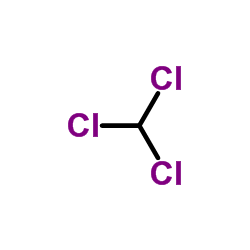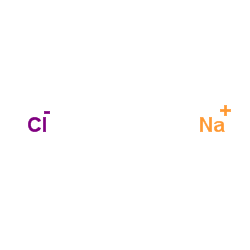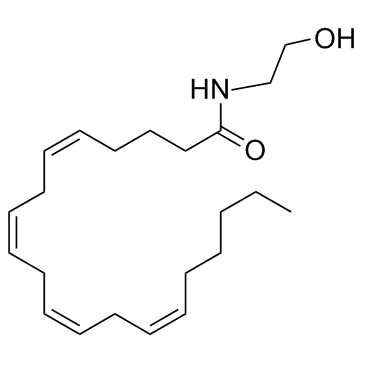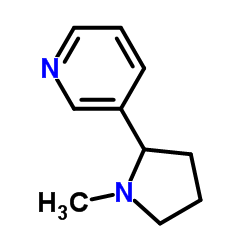| 结构式 | 名称/CAS号 | 全部文献 |
|---|---|---|
 |
氯仿
CAS:67-66-3 |
|
 |
氯化钠
CAS:7647-14-5 |
|
 |
L-尼古丁
CAS:54-11-5 |
|
 |
花生四希酸乙醇胺
CAS:94421-68-8 |
|
 |
氯化钠-35cl
CAS:20510-55-8 |
|
 |
(+/-)-尼古丁
CAS:22083-74-5 |